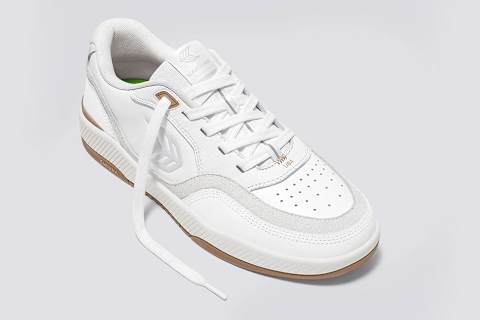I’ve never been a fan of New Year’s resolutions. The timing always seemed off to me for making a lasting, sustainable change. More than a month of indulgence, frenzy, celebration, and chaos leaves so many of us drained and unmotivated. Not exactly the perfect setup when we’re looking to revamp our lives.
As the ball dropped and we ushered in 2022, I made the resolution not to take on any lofty goals or big changes in the first part of the year. Instead, I committed to staying curious and observant about my life. Taking note of the things that gave me energy and the things that drained my energy. I committed to researching.
This was the same approach I took when I found myself unhappy with the amount of alcohol I was drinking. I didn’t make a resolution to stop drinking or even to drink less. Instead, what I did instead was get curious. I looked into all the reasons I drank, what I thought alcohol was doing for me, what science had to say about alcohol and its effects on me, and everything I thought was influencing me and my choices. I poured myself into this exploration for a year before making any decisions. That choice and learning to get curious rather than being impulsive and reactive has completely changed how I approach making any changes in my life.
That’s the approach I now recommend everyone takes when it comes to making changes in their lives. It’s how I’ve helped thousands of people change their lives — not just when it comes to their relationships with alcohol but really anything they notice draining their energy and joy.
A date on the calendar isn’t a reason to make a change in your life. But you can certainly use a date on the calendar as your impetus to start getting curious and start exploring whether you need to make a change. Changing behavior or a habit is probably the easiest thing to do. Sustaining that change can be incredibly easy or unbelievably difficult depending on the process you use to get there.
A mid-year reset isn’t about saying, “It’s July 1, and today is the day I stop [insert big goal here].” It’s about saying, “Today is the day I’m going to start exploring why I feel I need to change how I’m doing things now.” The first step is not resetting the behavior.
And that changes everything.
The first step is to change is how you feel and how you think about your goal. This approach will change how you reset everything in your life. Behavior-based change rarely brings the results we are looking for. But emotion-based change is sustainable change. When you feel good about what you’re doing — when you enjoy it, understand it, and desire the change — it becomes not only possible to sustain but also pleasurable.
So, if your New Year’s resolution fizzled out faster than the fireworks display did, that’s okay. In fact, it’s expected because up until this very moment you probably had no idea that there was a different and better way to make changes in your life. Go ahead and try a mid-year reset. Adjust how you approach making changes by resetting what you think about what you’re trying to change, what you know about the change you’re trying to make, and, most importantly, how you feel about the changes you seek.
Resetting your life won’t begin with taking action. It starts with knowledge. Knowledge is what has guided us through life since birth. We learn through observation, research, and even failure. Knowledge changes our emotions about the actions we take. Emotion either fuels or squashes the desire for the action. Getting curious, researching, and changing our emotions naturally leads to a change in our actions. It is what takes away the desire to drink or people please and what creates a desire to meditate or to go to the gym.







